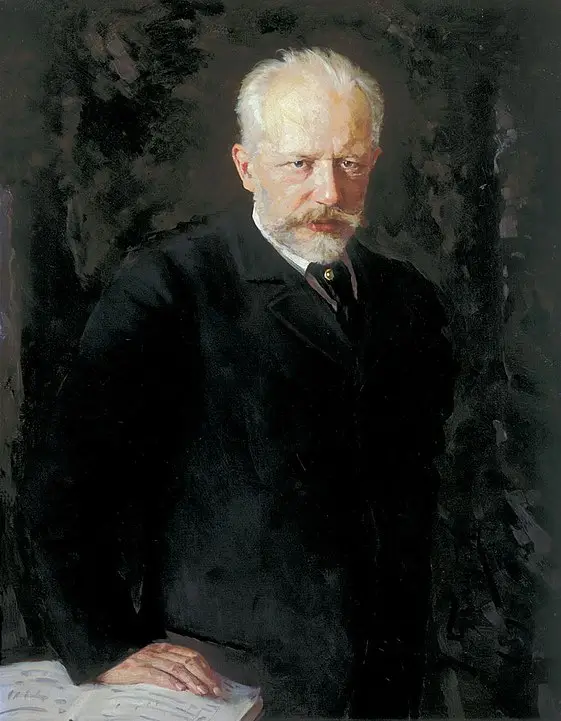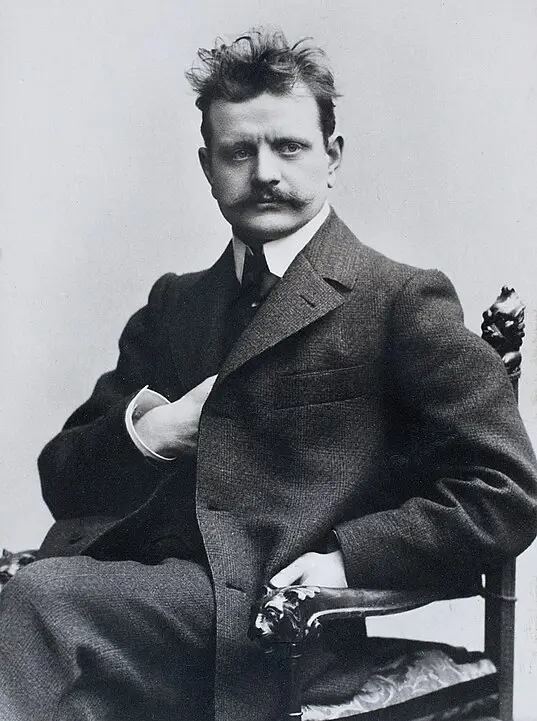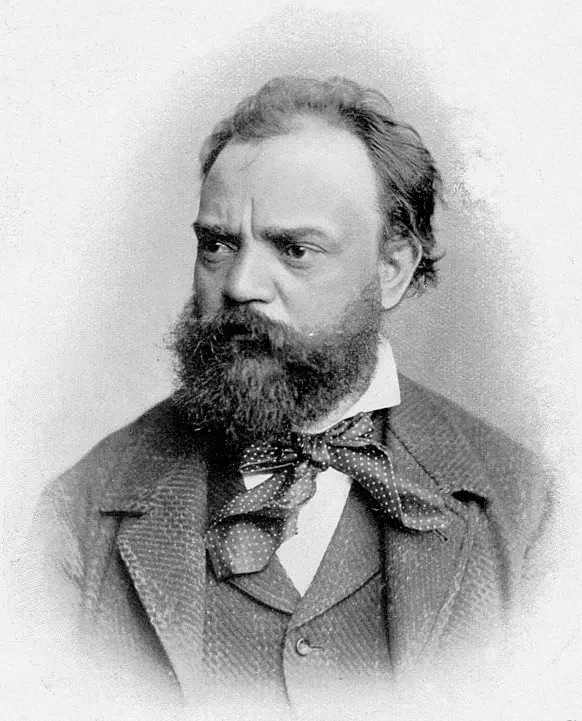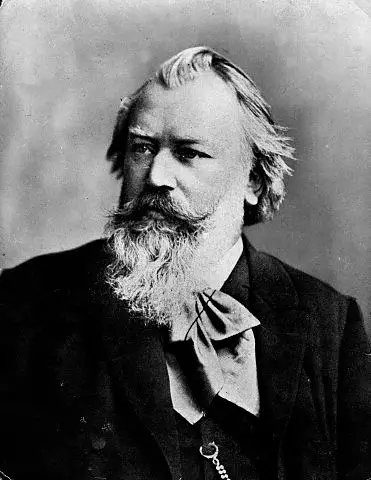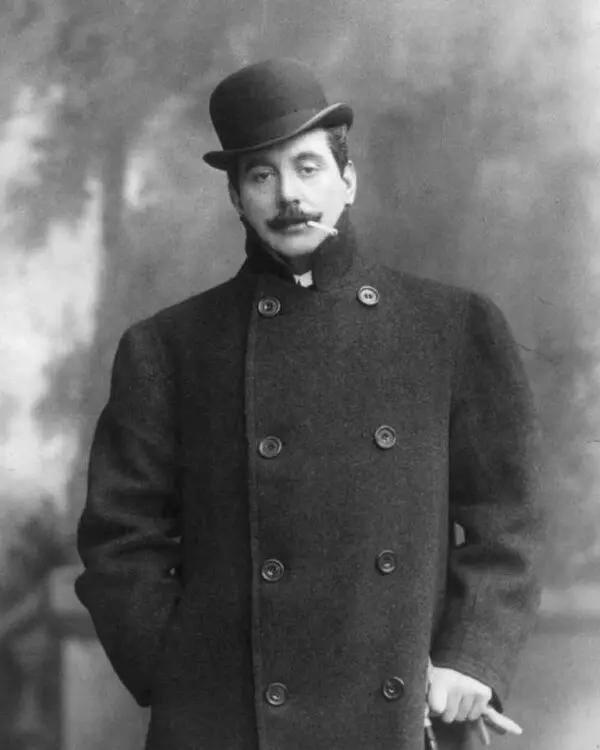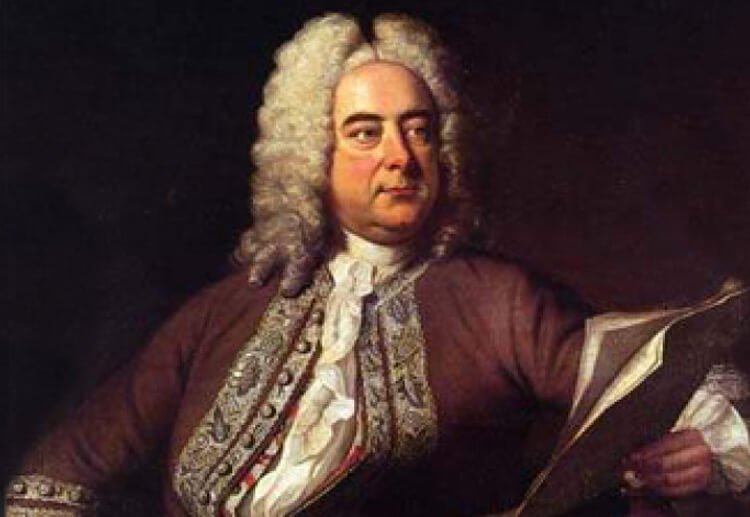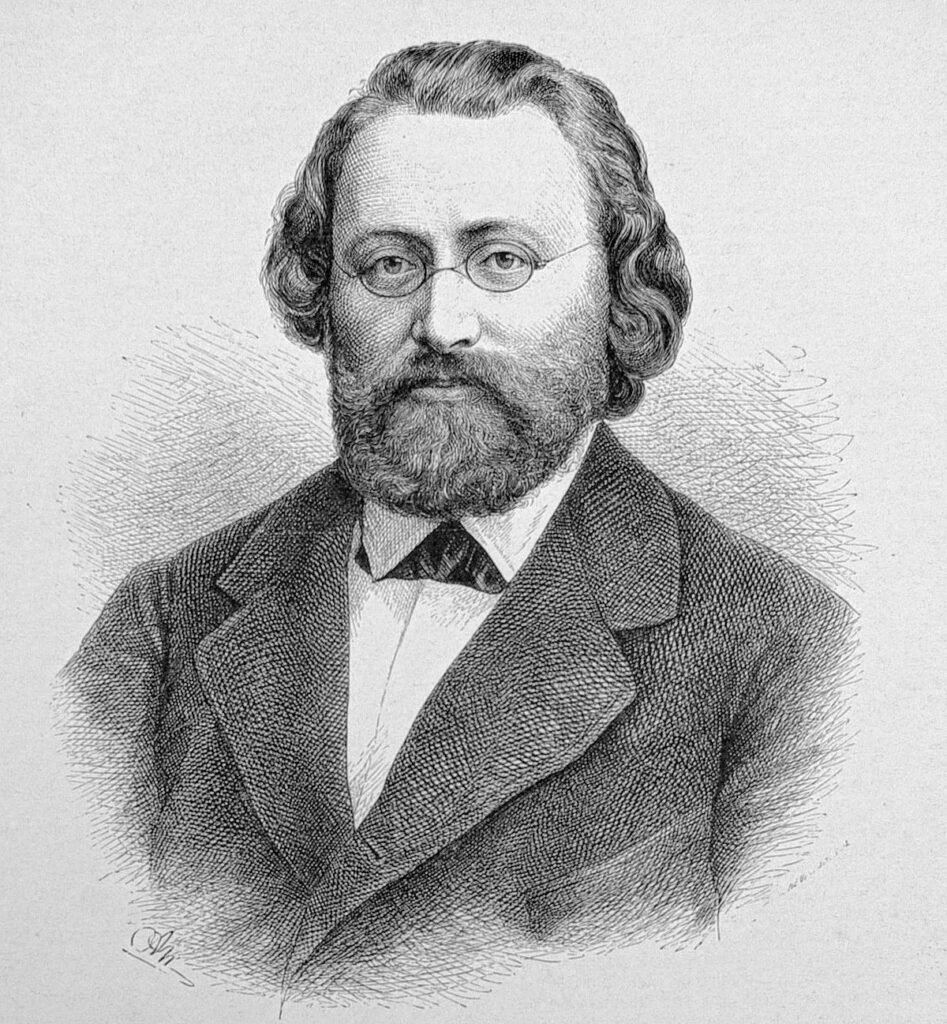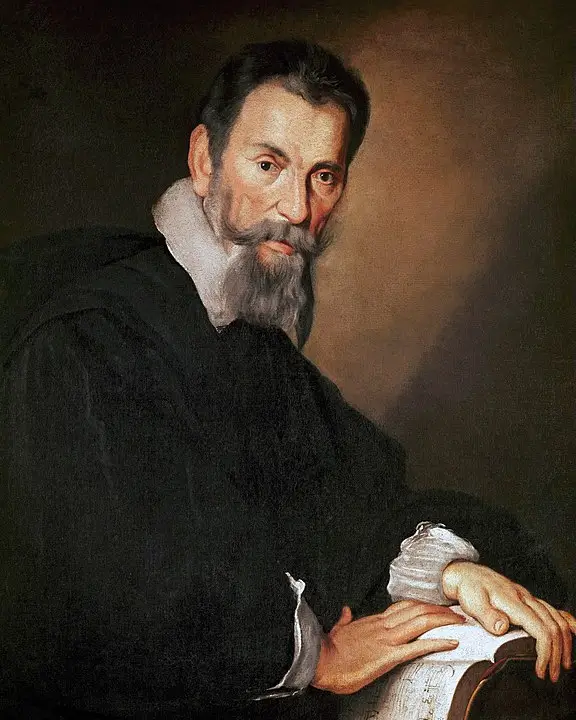Introduction
Pyotr Ilyich Tchaikovsky is widely regarded as one of the greatest composers in the history of classical music. Born in 1840 in Votkinsk, Russia, Tchaikovsky’s music has left an indelible mark on the world, with his works being performed and celebrated to this day. His compositions are known for their emotional depth, melodic beauty, and technical brilliance. In this article, we will explore Tchaikovsky’s early life, musical training and development, major works and compositions, connections to other composers, his character and philosophy, life in the city where he lived, and his untimely death.
Early Life
Pyotr Ilyich Tchaikovsky was born into a middle-class family in Votkinsk, a small town in the Russian Empire. His father was a mining engineer, and his mother came from a family of French ancestry. Tchaikovsky displayed an early interest in music, and his parents recognized his talent and encouraged his musical pursuits. However, his childhood was not without challenges. He was a sensitive and introverted child, often feeling isolated and struggling with his emotions.
Musical Training and Development
At the age of ten, Tchaikovsky began taking piano lessons, and his talent quickly became evident. He enrolled in the Saint Petersburg Conservatory, where he studied composition and music theory under the renowned composer Anton Rubinstein. Tchaikovsky’s time at the conservatory was transformative, as he honed his skills and developed his unique musical voice. He was deeply influenced by the works of Mozart, Beethoven, and Schumann, and their influence can be heard in his early compositions.
Major Works and Compositions
Tchaikovsky’s body of work is vast and diverse, encompassing symphonies, concertos, operas, ballets, and chamber music. Some of his most famous compositions include the ballets “Swan Lake,” “The Nutcracker,” and “Sleeping Beauty,” as well as symphonies such as the “Pathétique” and the “Fifth Symphony.” Tchaikovsky’s music is characterized by its lush orchestration, memorable melodies, and emotional intensity. His ability to evoke a wide range of emotions, from joy and exuberance to melancholy and despair, is a testament to his genius as a composer.
Connections to other Composers
Tchaikovsky had connections with several prominent composers of his time. He was a close friend of the composer Nikolai Rimsky-Korsakov, and the two often exchanged ideas and critiques of each other’s work. Tchaikovsky also had a complex relationship with the composer Modest Mussorgsky, with whom he had both admiration and rivalry. Additionally, Tchaikovsky greatly admired the music of Richard Wagner and attended performances of his operas in Germany.
Character and Philosophy
Tchaikovsky’s character was marked by contradictions. He was known for his sensitivity and emotional vulnerability, which often found expression in his music. However, he also possessed a strong will and determination, which allowed him to overcome personal and professional challenges. Tchaikovsky’s philosophy of music was rooted in the belief that music should be accessible to all, and he sought to create works that would resonate with a wide audience. He once said, “Music is a means of expressing the inexpressible, the unutterable, the unspeakable.”
Life in Saint Petersburg
Tchaikovsky spent a significant portion of his life in Saint Petersburg, Russia. The city was a vibrant cultural center, and Tchaikovsky thrived in its artistic atmosphere. He was a member of the Russian Musical Society and frequently attended concerts and operas. Tchaikovsky also enjoyed the city’s social scene, often attending parties and gatherings with fellow artists and intellectuals. However, he also experienced periods of loneliness and isolation, particularly after the death of his mother and his failed marriage.
Death
Tragically, Tchaikovsky’s life was cut short at the age of 53. The circumstances surrounding his death remain a subject of debate and speculation. Some believe that he died from cholera, while others suggest that he took his own life. Regardless of the cause, Tchaikovsky’s death was a great loss to the world of music. His legacy lives on through his timeless compositions, which continue to inspire and move audiences around the globe.
In conclusion, Pyotr Ilyich Tchaikovsky’s contributions to the world of classical music are immeasurable. His music transcends time and place, speaking to the universal human experience. From his early life in Votkinsk to his musical training and development in Saint Petersburg, Tchaikovsky’s journey shaped his unique artistic voice. His major works and compositions continue to captivate audiences, and his connections to other composers highlight his influence and impact. Tchaikovsky’s character and philosophy, as well as his life in the city where he lived, provide insight into the man behind the music. Though his death was untimely, Tchaikovsky’s music remains a testament to his enduring legacy.

